Toxic Sludge Carries Arsenic, Mercury Into Danube River
High levels of mercury and arsenic have been released from a containment pond at a Hungarian alumina plant, according to Greenpeace.
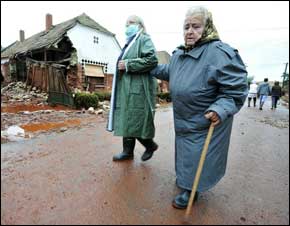
UPDATE FROM OCTOBER 05, 2010: Water quality testing by Greenpeace, a leading group of global environmental activists, showed high levels of mercury and arsenic in the red sludge released from a containment pond at a Hungarian alumina plant, heavy metals that pose short-and long-term health and environmental risks, according to Al Jazeera.
The results contradicted information released by Hungary’s National Academy of Sciences, which said heavy metal concentrations were not above normal limits.
The spill worsened on Thursday when the toxic brew entered the Danube, an international river that crosses Croatia, Serbia, Romania and Bulgaria downstream before emptying into the Black Sea.
Hungarian officials said all life in the Marcal river, the entry point for the sludge, has been killed. According to the country’s National Disaster Unit, clean-up crews poured several hundred tons of plaster into the nearby Marcal River to neutralize the toxic sludge and prevent it from getting into the Danube. Officials from the disaster relief agency said the threat to the Danube was minimal because of the dilution. Tests showed an 8.5 pH level in the Danube—much lower than the 13 recorded at the spill site, CNN reports.
MAL Zrt, the company owning the facility, said in a statement that there had been no sign of the impending disaster. Meanwhile, Hungary’s Prime Minister Viktor Orban said earlier this week that the spill may have been caused by human error.
“We do not know of any sign which indicates that this disaster would have natural causes,” Orban told Reuters. “And if a disaster has no natural causes, then it can be considered a disaster caused by people. We suspect that this may be the case.”
According to the local Clear Air Action Group, red sludge is, by volume, “the largest amount of toxic waste in Hungary.” Every ton of alumina produced in the country results in two tons of toxic waste.
Sources: CNN, Al Jazeera and Reuters
Brett writes about agriculture, energy, infrastructure, and the politics and economics of water in the United States. He also writes the Federal Water Tap, Circle of Blue’s weekly digest of U.S. government water news. He is the winner of two Society of Environmental Journalists reporting awards, one of the top honors in American environmental journalism: first place for explanatory reporting for a series on septic system pollution in the United States(2016) and third place for beat reporting in a small market (2014). He received the Sierra Club’s Distinguished Service Award in 2018. Brett lives in Seattle, where he hikes the mountains and bakes pies. Contact Brett Walton


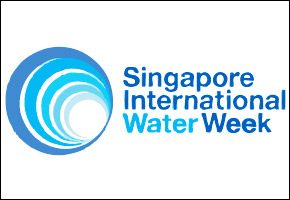
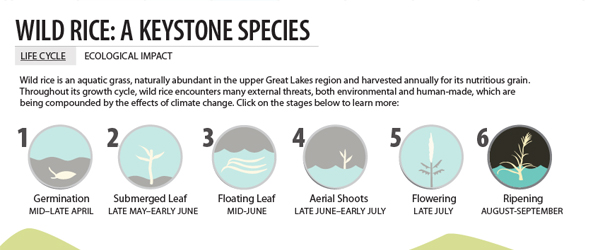
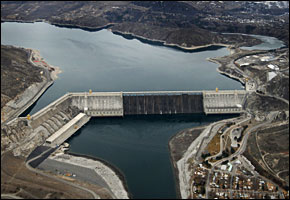





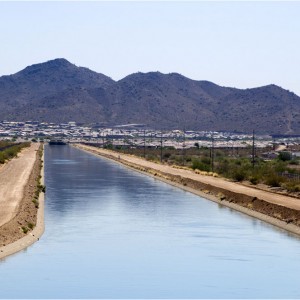
Leave a Reply
Want to join the discussion?Feel free to contribute!